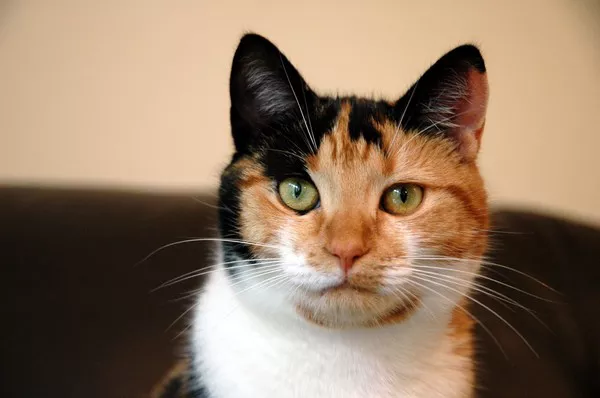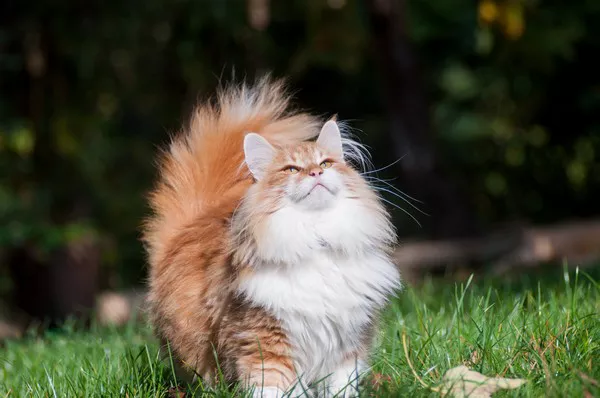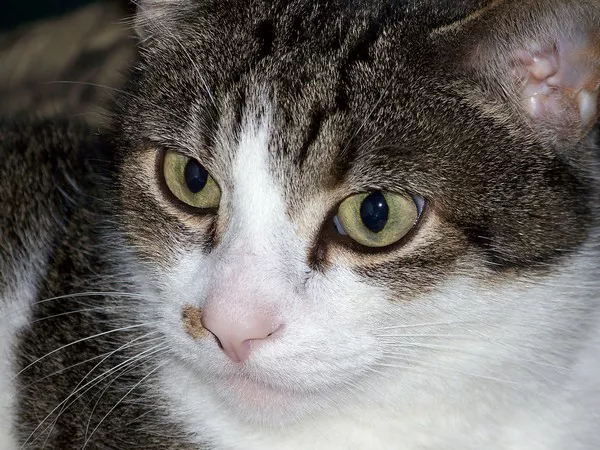Siamese cats, renowned for their striking appearance and vocal nature, are cherished companions in many households. As responsible cat owners, it’s crucial to be mindful of their dietary needs and potential sensitivities. This article delves into the dietary restrictions and foods that Siamese cats should avoid, highlighting the importance of a well-balanced and cat-friendly diet to ensure their health and longevity.
Understanding Siamese Cat Diet:
Siamese cats, like all felines, are obligate carnivores, meaning their diet primarily consists of meat. While they share many dietary requirements with other cat breeds, individual sensitivities can vary. Being aware of potential allergens, toxic foods, and substances that may harm your Siamese cat is fundamental to providing optimal care.
1. Onions and Garlic:
Onions and garlic, commonly found in many human dishes, can be toxic to cats, including Siamese breeds. These ingredients contain compounds that can damage a cat’s red blood cells, leading to anemia. It’s essential to avoid feeding any foods seasoned with onions or garlic, as well as checking labels for hidden traces of these ingredients.
2. Chocolate:
Chocolate contains theobromine, a substance that is toxic to cats. Siamese cats, like other felines, lack the ability to metabolize theobromine effectively. Ingesting chocolate can lead to symptoms such as vomiting, diarrhea, rapid breathing, and in severe cases, it can result in seizures or even be fatal. It’s crucial to keep all forms of chocolate, including cocoa powder and baking chocolate, out of reach of your Siamese cat.
3. Caffeine:
Siamese cats should never be exposed to caffeine, as it can have severe adverse effects on their nervous system and heart. Caffeine is present in coffee, tea, energy drinks, and certain medications. Ingesting caffeine can cause restlessness, rapid breathing, heart palpitations, and in extreme cases, it can lead to caffeine toxicity.
4. Alcohol:
Just as with dogs, alcohol is toxic to cats, and Siamese cats are no exception. Even small amounts of alcohol can cause lethargy, coordination problems, and in severe cases, respiratory failure. Ensure that all alcoholic beverages are kept out of your cat’s reach, and be cautious when using products containing alcohol, such as certain medications and cleaning solutions.
5. Bones and Fish with Bones:
While some may assume that all cats enjoy gnawing on bones, they pose potential risks. Cooked bones can splinter, causing internal injuries if ingested. Similarly, fish bones can be sharp and may lead to choking or digestive issues. When offering fish to your Siamese cat, ensure that it is boneless and cooked thoroughly to eliminate potential risks.
6. Dairy Products:
Contrary to popular belief, many adult cats, including Siamese breeds, are lactose intolerant. Feeding dairy products like milk can lead to digestive upset, including diarrhea and abdominal discomfort. If you want to treat your Siamese cat with dairy, opt for lactose-free alternatives designed for feline consumption.
7. Grapes and Raisins:
Grapes and raisins are known to be toxic to cats, and ingestion can lead to kidney failure. Even small amounts can be harmful, so it’s crucial to keep all grape and raisin-containing foods, including baked goods, away from your Siamese cat. Early symptoms of grape or raisin toxicity may include vomiting and lethargy.
8. Raw Eggs:
While eggs are generally a nutritious addition to a cat’s diet, raw eggs pose a risk of bacterial contamination, particularly with Salmonella or E. coli. It’s advisable to cook eggs before offering them to your Siamese cat to eliminate the risk of bacterial infection.
9. Xylitol:
Xylitol is a sugar substitute commonly found in sugar-free gum, candy, and some baked goods. Ingesting xylitol can cause a rapid release of insulin, leading to hypoglycemia (low blood sugar). In severe cases, xylitol toxicity can result in liver failure. Always check labels for xylitol content and keep products containing this substance away from your Siamese cat.
10. Highly Salted Foods:
Excessive salt intake can lead to electrolyte imbalances and pose a risk to your Siamese cat’s health. Avoid feeding them highly salted foods such as processed meats, salty snacks, or any food that has undergone significant salting.
See Also: Feeding Your Siamese Cat: A Guide to Safe Nutrition
Practical Approaches to Siamese Cat Nutrition:
Consult with a Veterinarian:
Every Siamese cat is unique, and individual dietary requirements may vary. Consulting with a veterinarian is essential to create a tailored nutrition plan based on your cat’s age, weight, health status, and specific needs.
Provide a Balanced Diet:
Siamese cats, like all felines, require a well-balanced diet that includes high-quality cat food. Look for formulations designed to meet the nutritional needs of adult or kitten Siamese cats, and consider factors such as protein content, essential fatty acids, and vitamin and mineral composition.
Monitor Treat Intake:
While treats can be a delightful way to bond with your Siamese cat, moderation is key. Excessive treat consumption can lead to weight gain and nutritional imbalances. Opt for cat-specific treats and consider incorporating healthy alternatives such as small pieces of cooked chicken or fish.
Hydration is Key:
Siamese cats, like all cats, may not be avid water drinkers. Ensure your cat stays well-hydrated by providing fresh water at all times. Wet cat food can also contribute to their overall fluid intake.
Regular Exercise:
Physical activity is integral to a Siamese cat’s well-being. Regular play and exercise help maintain a healthy weight, stimulate mental activity, and contribute to overall happiness. Interactive toys and play sessions are excellent ways to keep your Siamese cat engaged and active.
Conclusion:
Understanding what Siamese cats should not eat is fundamental to ensuring their health and longevity. As responsible cat owners, it is our responsibility to be vigilant about potential food hazards and toxic substances. By providing a well-balanced, species-appropriate diet and avoiding harmful foods, we can contribute to the overall well-being and happiness of our Siamese feline companions. Regular veterinary check-ups, a keen eye on their dietary preferences, and a commitment to their nutritional needs form the foundation for a healthy and thriving Siamese cat.























